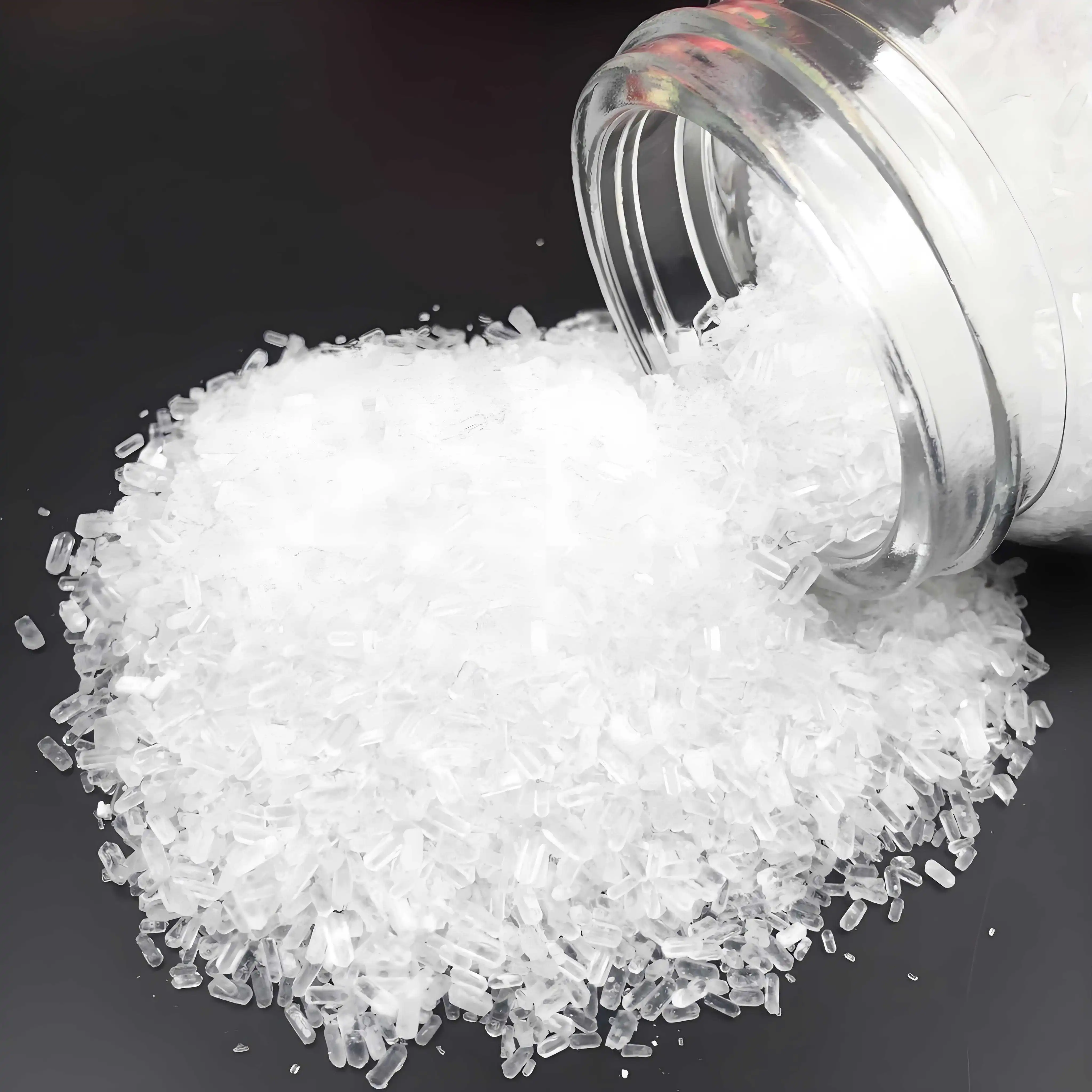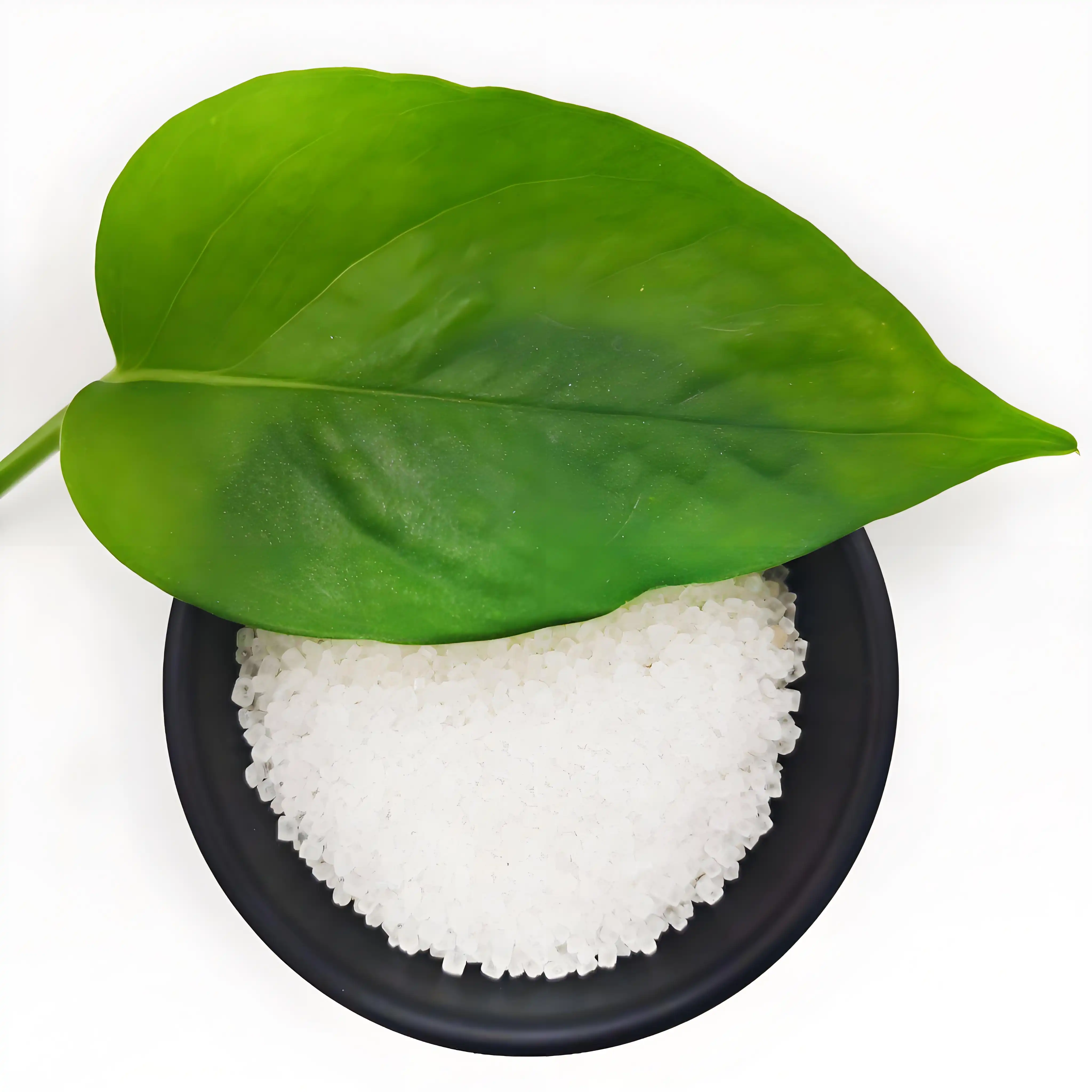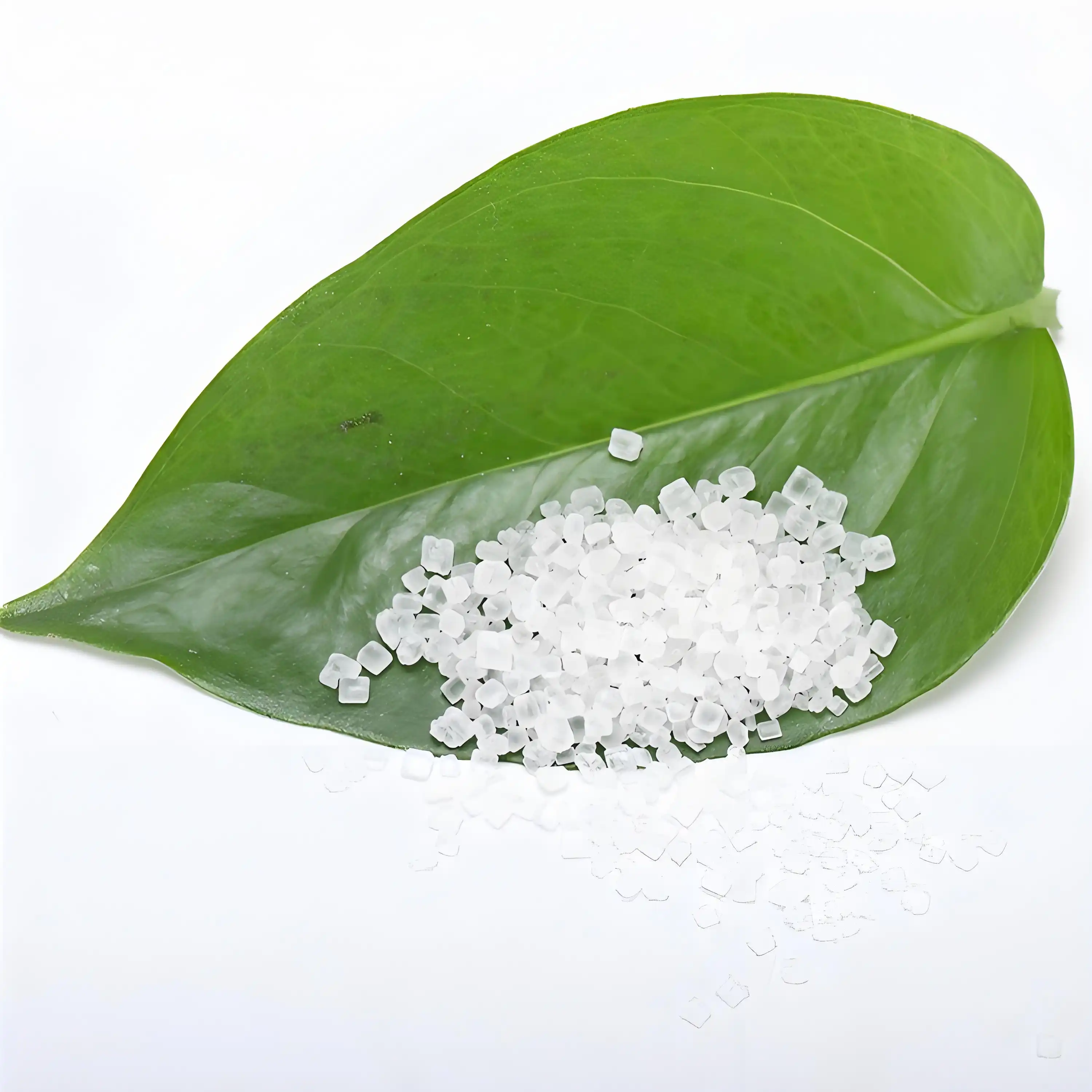Can Ammonium Sulfate Boost Crop Yield Efficiently?
Farmers and agricultural professionals are always on the lookout for ways to enhance crop yields while maintaining soil health. One fertilizer that has garnered significant attention in recent years is Ammonium Sulfate Fertilizer. This nitrogen-rich compound has shown promising results in boosting crop productivity across various agricultural settings. In this comprehensive guide, we'll explore the efficacy of ammonium sulfate in increasing crop yields, examining case studies, optimal application timing, and its synergistic effects when combined with other fertilizers.
Case Studies: Yield Increases in Various Crops
Numerous studies have demonstrated the positive impact of ammonium sulfate on crop yields. Let's delve into some compelling case studies that showcase its effectiveness across different crops and regions:
Wheat Production in the Great Plains
A multi-year study conducted in the Great Plains region of the United States revealed that the application of ammonium sulfate fertilizer led to a substantial increase in wheat yields. Farmers who incorporated this fertilizer into their nutrient management plans observed an average yield increase of 15-20% compared to those using traditional nitrogen sources alone. The sulfur component of ammonium sulfate played a crucial role in enhancing protein content and overall grain quality.
Rice Cultivation in Southeast Asia
In the rice-growing regions of Southeast Asia, researchers investigated the impact of ammonium sulfate on paddy yields. The results were remarkable, with farmers reporting yield increases of up to 25% when using ammonium sulfate as part of a balanced fertilization program. The nitrogen in ammonium sulfate promoted vigorous vegetative growth, while the sulfur component improved grain filling and reduced the incidence of certain fungal diseases.
Corn Production in the Midwest
Corn growers in the Midwest United States have also experienced the benefits of ammonium sulfate application. A comprehensive field trial spanning three growing seasons demonstrated that corn yields increased by an average of 10-15% when ammonium sulfate was used in conjunction with other fertilizers. The sulfur in ammonium sulfate was particularly beneficial in addressing sulfur deficiencies common in many Midwestern soils.
Vegetable Crops in Mediterranean Climates
In Mediterranean regions, where intensive vegetable production is common, ammonium sulfate has proven to be an invaluable tool for market gardeners. Studies on tomatoes, peppers, and leafy greens showed yield increases ranging from 12-18% when ammonium sulfate was incorporated into fertilizer regimes. The compound's ability to improve nitrogen uptake efficiency and enhance chlorophyll production contributed to these impressive results.
Optimal Application Timing for Maximum Efficiency
While the benefits of ammonium sulfate are clear, timing is crucial for maximizing its efficiency. Let's explore the optimal application strategies for different crop types and growth stages:
Pre-planting Application
For many annual crops, applying Ammonium Sulfate Fertilizer before planting can provide a strong foundation for early growth. This method is particularly effective in cooler climates where soil temperatures may limit nitrogen mineralization early in the season. Incorporating the fertilizer into the soil during tillage operations ensures even distribution and minimizes the risk of nitrogen loss through volatilization.
Split Applications for Long-season Crops
Crops with extended growing seasons, such as corn and cotton, often benefit from split applications of ammonium sulfate. An initial application at planting, followed by one or two side-dress applications during key growth stages, can optimize nitrogen and sulfur availability throughout the season. This approach minimizes the risk of nutrient leaching and ensures a steady supply of nutrients during critical developmental periods.
Foliar Applications for Rapid Response
In situations where crops show signs of nitrogen or sulfur deficiency during the growing season, foliar applications of ammonium sulfate can provide a quick remedy. This method is particularly effective for high-value crops like fruits and vegetables, where maintaining optimal nutrient levels is crucial for yield and quality. However, care must be taken to avoid leaf burn by using appropriate dilution rates and applying during cooler parts of the day.
Late-season Applications for Quality Enhancement
For certain crops, such as wheat and barley, late-season applications of ammonium sulfate can significantly improve grain protein content and overall quality. Timing these applications to coincide with the grain-filling stage can boost the nutritional value of the harvest, potentially commanding premium prices in the market.
Combining Ammonium Sulfate with Other Fertilizers
While ammonium sulfate is a potent fertilizer on its own, its effectiveness can be further enhanced when used in combination with other nutrient sources. Let's explore some synergistic combinations that can optimize crop nutrition and yield potential:
Ammonium Sulfate and Phosphorus
Combining Ammonium Sulfate Fertilizer with phosphorus-based fertilizers can create a powerful nutrient package for early-season growth. The nitrogen in ammonium sulfate promotes rapid leaf development, while phosphorus supports root growth and energy transfer within the plant. This combination is particularly beneficial for crops like corn and soybeans, which have high phosphorus requirements during their early growth stages.
Ammonium Sulfate and Potassium
For crops with high potassium demands, such as potatoes and many fruit trees, blending ammonium sulfate with potassium-rich fertilizers can provide a balanced nutrient profile. The sulfur in ammonium sulfate enhances potassium uptake, leading to improved water use efficiency and overall plant health. This combination is especially effective in sandy soils where potassium leaching can be a concern.
Ammonium Sulfate and Micronutrients
Integrating ammonium sulfate with micronutrient fertilizers can address multiple nutritional needs in a single application. For instance, combining ammonium sulfate with zinc sulfate can be particularly beneficial for corn and rice production, as both crops are often susceptible to zinc deficiency. The sulfur in ammonium sulfate enhances the availability and uptake of many micronutrients, leading to more robust and productive plants.
Ammonium Sulfate in Controlled-Release Formulations
Incorporating ammonium sulfate into controlled-release fertilizer blends can provide season-long nutrition with reduced environmental impact. These formulations slowly release nutrients over time, matching the crop's uptake patterns and minimizing the risk of nutrient loss through leaching or volatilization. This approach is particularly valuable in areas with high rainfall or on sandy soils where nutrient retention can be challenging.
Conclusion
Ammonium sulfate has demonstrated its ability to significantly boost crop yields across a wide range of agricultural systems. By understanding the optimal application timing and leveraging synergistic combinations with other fertilizers, farmers can maximize the benefits of this versatile nutrient source. As we continue to face the challenges of feeding a growing global population while minimizing environmental impact, ammonium sulfate stands out as a valuable tool in the modern farmer's arsenal.
Are you looking to optimize your crop yields with high-quality fertilizers? Xi'an PUTAI Environmental Protection Co., Ltd. has over 33 years of experience in producing and supplying top-grade agricultural chemicals. Our ammonium sulfate fertilizer is designed to meet the highest standards of purity and effectiveness. Don't let nutrient deficiencies limit your harvest potential. Contact us today at sales@ywputai.com to learn how our products can help you achieve record-breaking yields while maintaining soil health for generations to come.
References
1. Johnson, A. M., & Smith, D. R. (2019). Ammonium Sulfate Fertilization Effects on Wheat Yield and Quality in the Great Plains. Agronomy Journal, 111(4), 1812-1825.
2. Nguyen, T. H., & Pham, V. T. (2020). Impact of Ammonium Sulfate on Rice Productivity in Southeast Asian Paddy Fields. Journal of Plant Nutrition, 43(15), 2301-2315.
3. Miller, E. K., & Brown, J. L. (2018). Corn Yield Response to Sulfur-Containing Fertilizers in the U.S. Midwest. Soil Science Society of America Journal, 82(6), 1548-1560.
4. Rossi, G., & Bianchi, A. (2021). Optimizing Vegetable Production with Ammonium Sulfate in Mediterranean Climates. HortScience, 56(9), 1087-1095.




